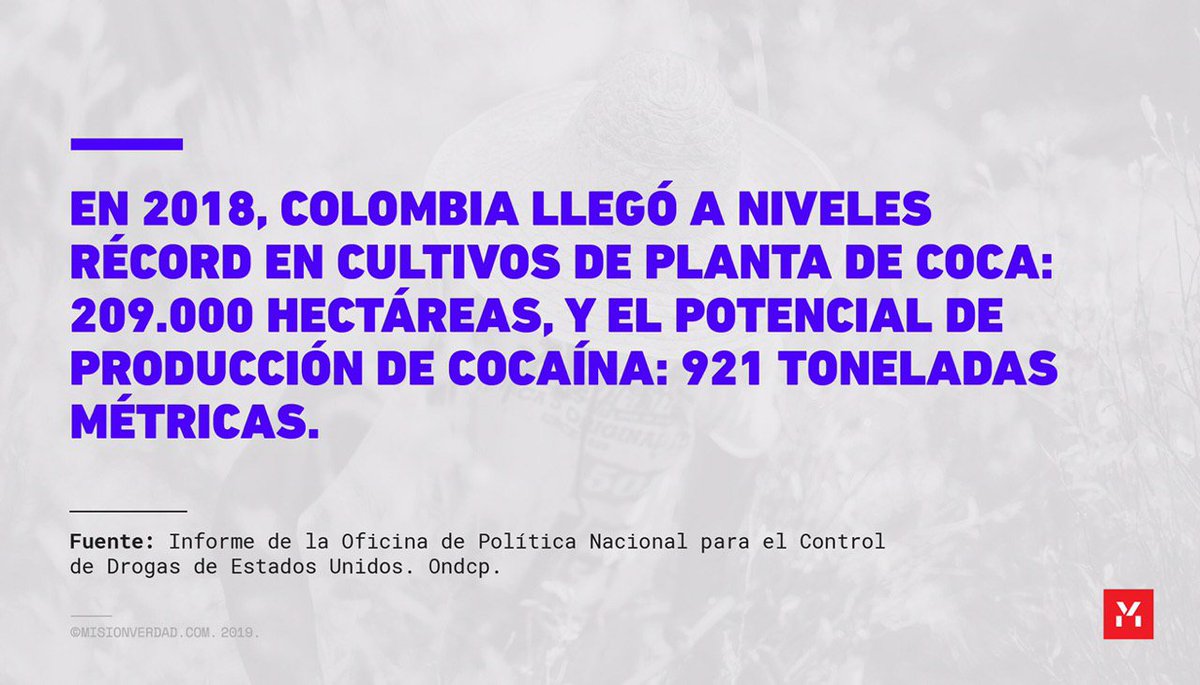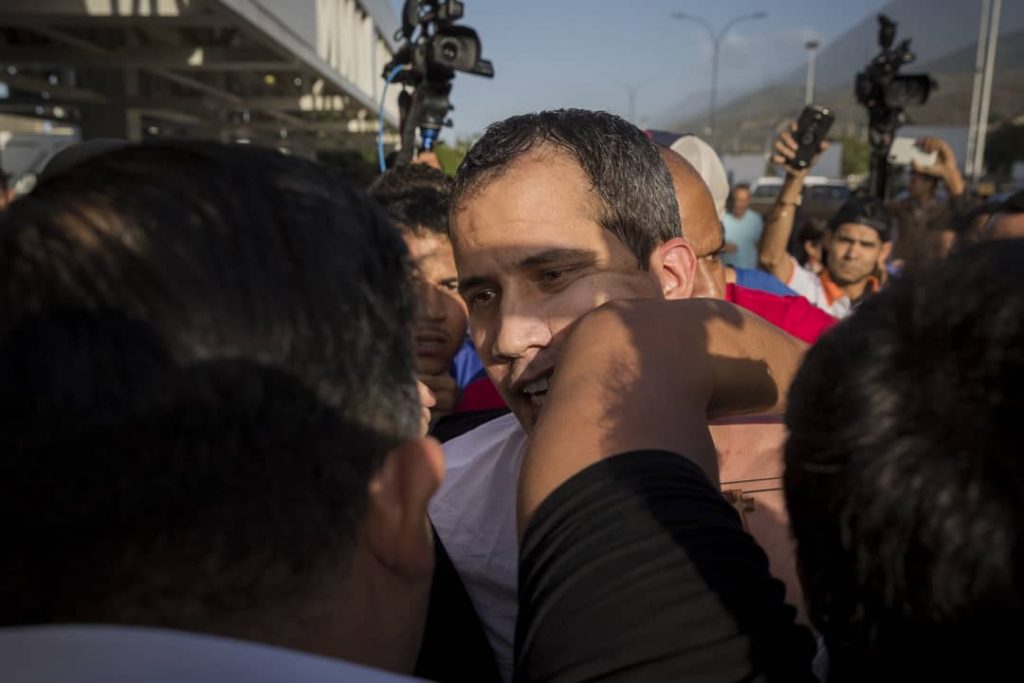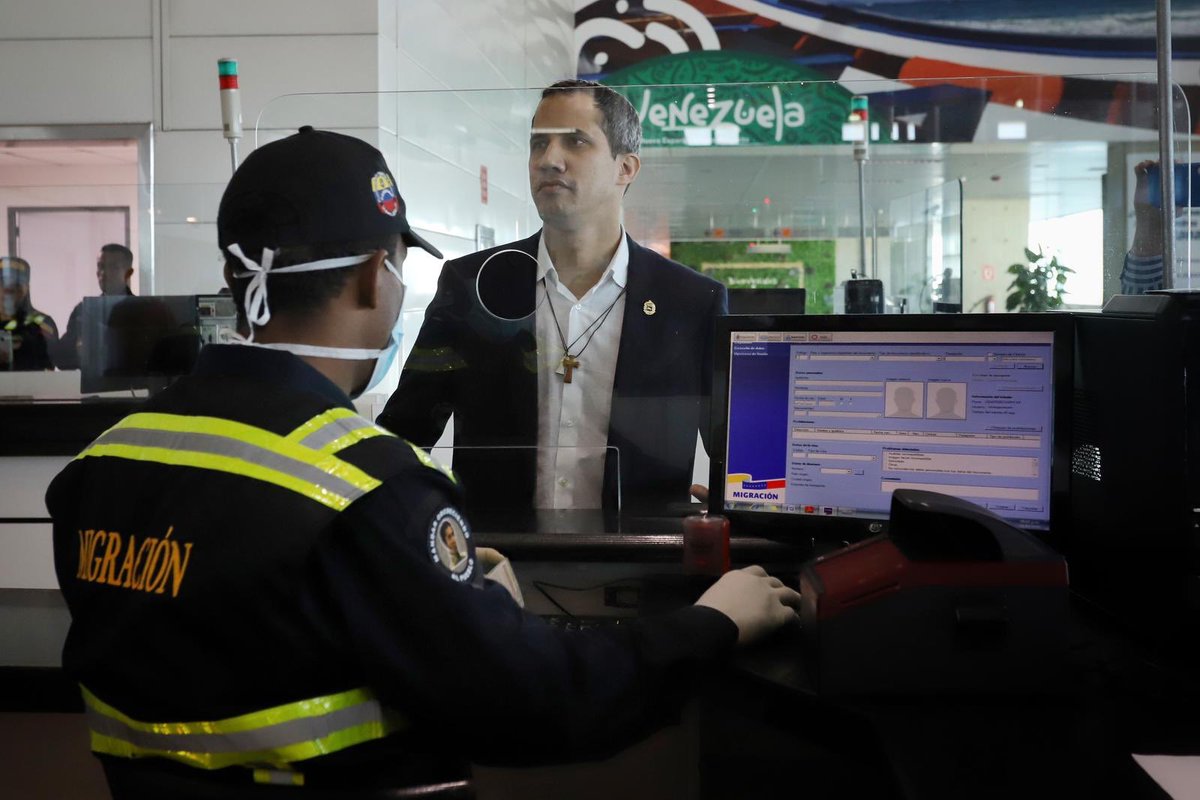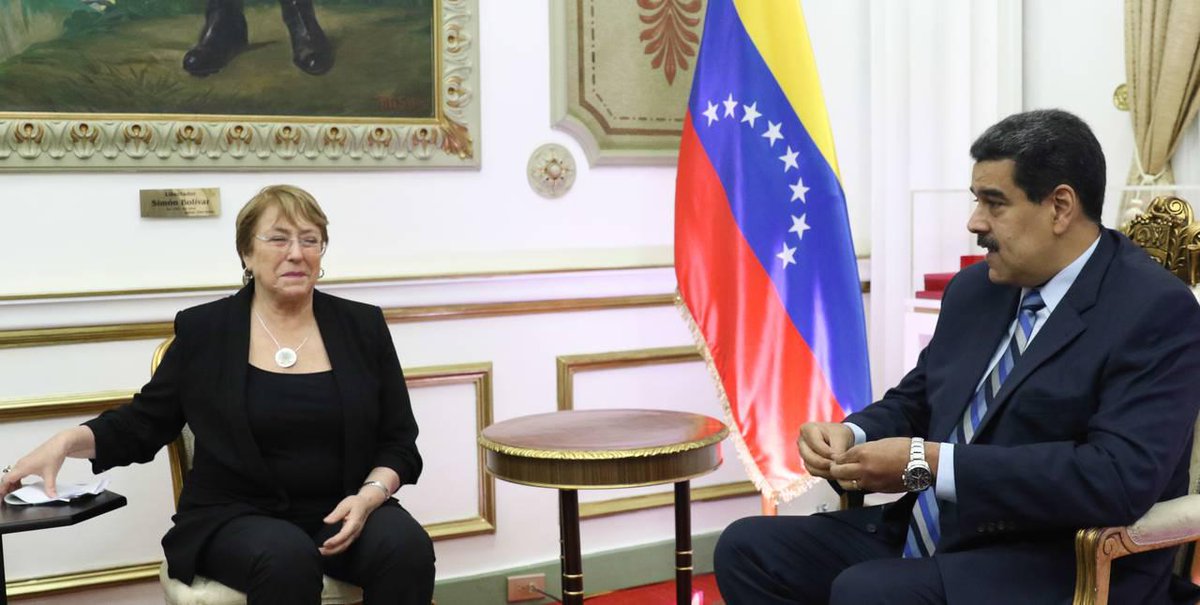
Iván Márquez, Jesús Santrich and "El Paisa" have announced that part of the FARC return to arms.
We consult with the analyst @brunosgarzini on this subject:
What pushed these fighters to resume the armed conflict?
Follow Sgarzini's answers in this #MVthread
We consult with the analyst @brunosgarzini on this subject:
What pushed these fighters to resume the armed conflict?
Follow Sgarzini's answers in this #MVthread

Bruno Sgarzini: The murder of 114 demobilized Farc members, the resurgence of the conflict by paramilitaries and the ELN in areas formerly occupied by the Farc, and the breach of many agreements such as the Agrarian, the peace jurisdiction and those of political participation.
BS: The reintegration of guerrillas has not been possible, they are constantly harassed by armed groups to enter their ranks or end up killed. The UN Security Council itself has long seen the murder of those who are demobilized as a danger to the peace process. 

#MV: The rise of Duque deactivated the dialogues with the ELN. Is Duque's government inducing the extension of the conflict?
BS: Duque is part of a coalition between drug traffickers, landowners benefiting from displacement, businessmen and bankers who launder that same money.
BS: Duque is part of a coalition between drug traffickers, landowners benefiting from displacement, businessmen and bankers who launder that same money.

BS: That coalition profits from war and in the scenario in conflict with the traditional oligarchy, it is expected for Duque to sponsor armed actors towards worsening the situation. This justifies its existence, using force to maintain political stability.
#MV: The failure from previous peace processes keep repeating. Is Colombia stuck in a continuos conflict loop?
BS: Yes, the conditions which started the conflict have worsen.
One of the most unequal nations in America with more displaced people than Syria, Iraq or Somalia.
BS: Yes, the conditions which started the conflict have worsen.
One of the most unequal nations in America with more displaced people than Syria, Iraq or Somalia.

BS: In addition, drug trafficking and smuggling which contribute to the conflict, have noticeably grown. If there’s no additional entity other than the State or those armed groups who use the population as human shields, the reasons to continue the armed conflict will never end. 

#MV: Who wins and who loses in Colombian politics with this scenario?
BS: According to those groups who favor the Peace process, the pro-Uribe groups are those who benefit because they can justify political persecution against those who oppose the current Colombian regime.
BS: According to those groups who favor the Peace process, the pro-Uribe groups are those who benefit because they can justify political persecution against those who oppose the current Colombian regime.
BS: However, the reality is much more complex in my opinion, because the resurgence of the Farc can generate an armed pressure against the Colombian State, while articulating also with an institutional pressure.
#MV: What implications does this have for Venezuela in the short term?
BS: It definitely increases the possibilities that in the context of a war against the country, Colombian armed groups will come towards the Venezuelan territory with greater force.
BS: It definitely increases the possibilities that in the context of a war against the country, Colombian armed groups will come towards the Venezuelan territory with greater force.
BS: On the other hand, the Colombian Armed Forces will surely receive juicy financing from the US, which can increase its operational capacity and serve the 'Uribismo' to finance itself. But the greater the Colombian conflict becomes, the less capacity it will have to...
... participate in a multinational operation against Venezuela, as requested by US elements. Above all, this weighs on human related consequences: displacements and political exile of social and political leaders, persecuted by the Colombian State and paramilitary groups.
Thanks Bruno, any final thoughts?
Bruno Sgarzini: In the last one hundred years, Colombia has been ruled by the same families who never used the State to integrate the whole society. What happens today is a product of that, and the consequences are in sight.
Bruno Sgarzini: In the last one hundred years, Colombia has been ruled by the same families who never used the State to integrate the whole society. What happens today is a product of that, and the consequences are in sight.

• • •
Missing some Tweet in this thread? You can try to
force a refresh















